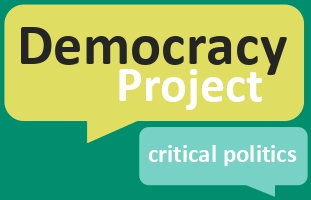How fake AI images could stoke tensions in the Indo-Pacific
Seeing is no longer believing. Surprisingly realistic – yet fake – images created by Artificial Intelligence (AI) are here. To date, most have seemed more like curiosities than genuine deception attempts. Last month, it was revealed that New Zealand’s National Party had used the AI image generation app Midjourney to produce promotional images. The results included imaginary healthcare workers and fearful-looking citizens worried about crime. In this case, the use of AI was relatively benign – the AI creations effectively replaced the stock photos that would have been used in the past. Until a media outlet raised suspicions, few people...
